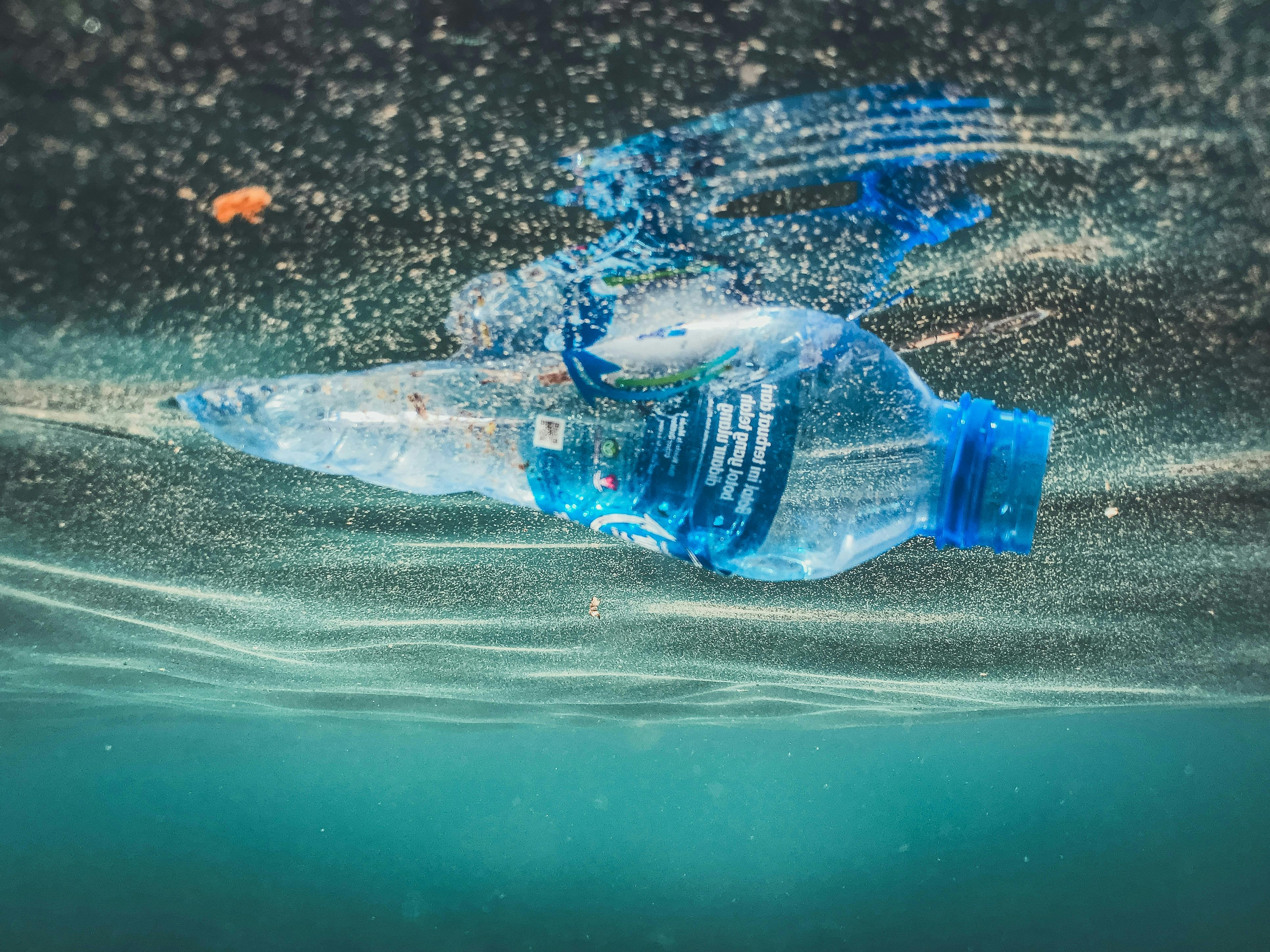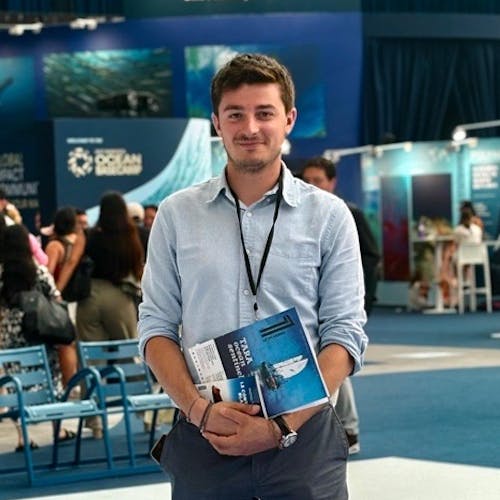Sommaire exécutif
Les négociations en vue d'un traité mondial sur les plastiques devraient être conclues d'ici à la fin de 2024 et pourraient constituer l'une des principales avancées en matière de protection des océans qui seront célébrées lors de la troisième session de la Conférence des Nations Unies sur l'Océa à Nice en juin 2025. Il reste donc très peu de temps pour faire face à l'escalade de la pollution plastique. Les projections actuelles indiquent un triplement de la consommation mondiale de plastique d'ici 2060, ce qui nécessite des mesures urgentes et efficaces. En tant qu'acteur international majeur, l'Union européenne a un rôle central à jouer dans l'orientation des résultats de ces négociations, qui ont connu des difficultés et des retards importants au cours de l'année écoulée.
Dans ce contexte, l'UE doit adopter une position plus affirmée et plus ambitieuse, en tirant parti de son leadership politique au niveau national pour devenir une force motrice sur la scène internationale. Cela implique de soutenir des propositions ambitieuses émanant d'autres régions, à savoir l'Afrique, le Pacifique et les petits États insulaires en développement (PEID), d'encourager la collaboration avec des nations partageant les mêmes idées et de s'engager activement dans des discussions sur des questions litigieuses dans des cadres formels et informels.
Le rôle de l'UE sera essentiel pour contrer l'influence des acteurs de mauvaise volonté, principalement les pays producteurs de pétrole tels que l'Arabie saoudite, l'Iran et la Russie, et pour garantir que le traité sur les plastiques s'aligne sur l'engagement global de lutter efficacement contre la pollution plastique à l'échelle mondiale. Le succès des prochains cycles de négociations, appelés INC-4 et INC-5, est primordial pour la réalisation d'un traité global adapté à l'objectif visé.





